Business Analytics is instrumental to rapid organizational growth where the process makes sense of what’s happening to why’s that happening to what’s going to happen next?
The process includes a historical understanding of the business operation and organizations are already investing to investigate and solve operational problems. Big Data Analysts are scouring for pain points, helping these businesses head towards the right decision point.
So, this requirement has an automated response in the Indian IT economy, where Business Analytics A offers a wide spectrum of scopes – which the piece tried to decode and abbreviate for Business Analytics aspirants.
Evolution of Business Analytics

To track is to find linear growth and the evolution of business analytics was spread all over the place. The expansion, if strictly monitored, jumped from handwritten ledgers to its digitized counterparts. So, the evolution had strutted along quasi-technological or almost non-technological phases until the last few years or so.
The improvement has been exponential in this case and the crux of its recent development is inspired by the technological lack. Naturally, there is a direct relation between analytics platforms and the success of industry expansion.
You may also like to read: Evolution of Business Analytics | Business Analytics Future
Defining Business Analytics (BA)
BA is the technology, skill, and practices implemented for interactive and investigative exploration of the history of business performance – to drive further planning and track insights.
BA is spread across all areas, some of its governing areas are:
- Consumer Data
- Social Media
- Sales
- Finance
- Marketing
- Search Engine Optimization
- Human Resource
- eCommerce
- Target Audience Data
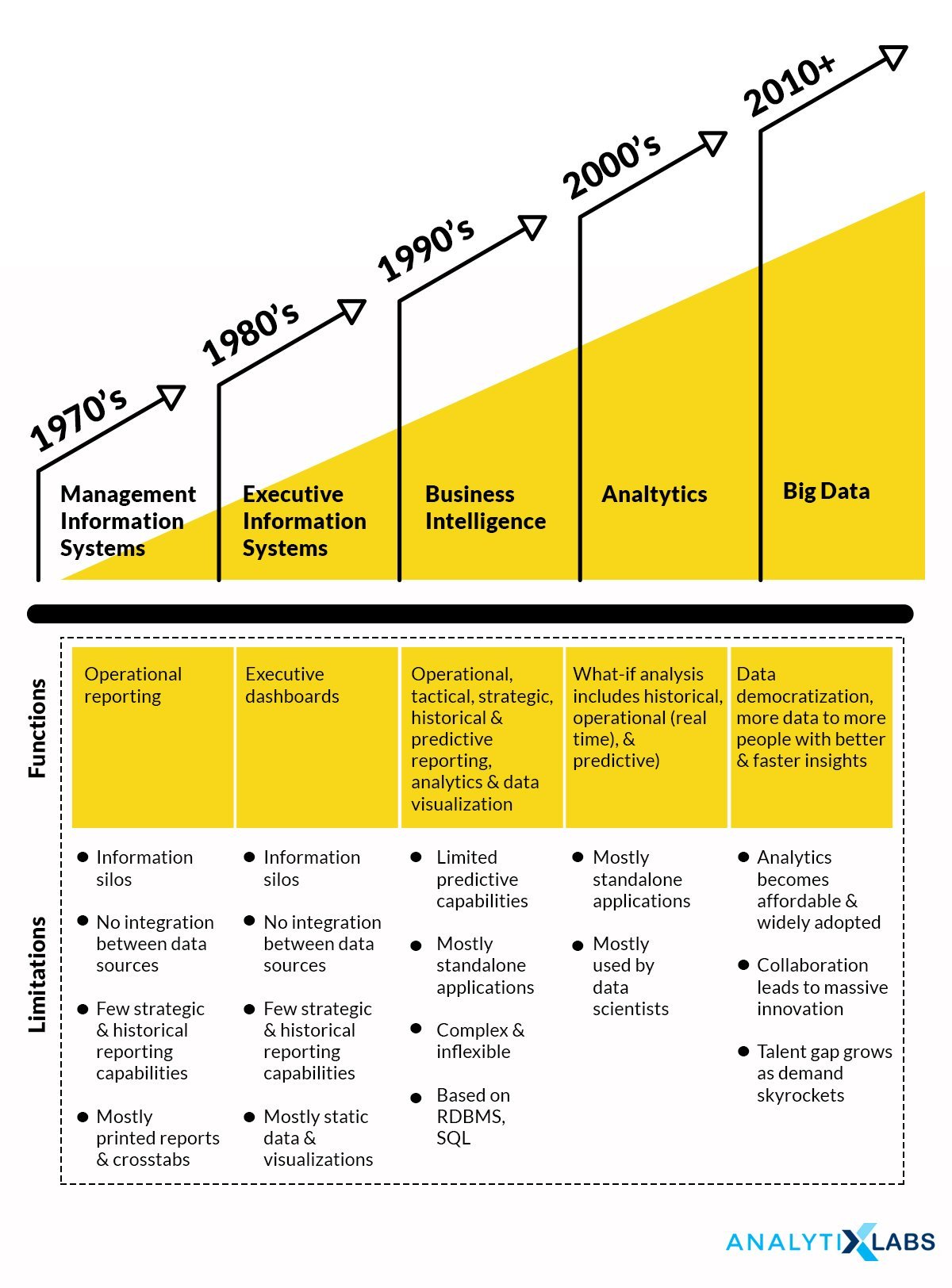
As you can see, there has been a paradigm shift in the last three decades in the context of Business Analytics. Now, if we chart out the timelines, the evolution will noticeably be easier to follow, leading up to its current hype.
1980’s – Before this era, analytics was synonymous with reporting where the organizations were using management information systems without any integration between their data sources. The reporting was based on historical data displaying breakthrough events. Essentially, analytics was based on descriptive showcasing without any quantifiable retention value for informed business planning. But the focus shifted to “why is it happening”, tools like ad hoc and excel gained traction during this time.
1990’s – Around this time, scorecards and dashboards became popular. Their prominence was aimed to shift the question to “what’s presently happening”. Executives used dashboards to closely monitor their business which happened in real-time.
2000’s – This is the time when the focus shifted to the expansion of operational analysis in real-time, leading to predictive analysis.
2010’s – The data availability exploded around this time which is “Big Data” as a concept changed the value and scope of business analytics. The use of data mining, data models, predictive algorithms, and data visualization tools increased to help businesses make smarter choices.
As of India, IT vendors like TCS, Capgemini, Wipro, Infosys, and Cognizant are looking for BA since the methodology implemented has changed over time. These changes have drastically impacted the scope of business analytics in India.
Importance of Business Analytics
The business models deployed today require an optimal analysis approach. The analysis supports the business model to make real-time decisions while collating complex data acquired. Typically, BA is instrumental for companies that bank on the immediate decision-making workflow which also explains the expanding scope of business analytics.
Here Are Some Key Highlights Of Why Business Analytics Is Important:
- Prescriptive analysis harps on predictive analysis through the recommendation of specific actions that will help derive the desired outcome. These forecasts rely on feedback and interactive analysis models, helping businesses chart out meaningful equations between the action and their respective outcomes.
- Predictive Analysis relies on statistical and machine learning models to predict future outcomes generated via data collated from the descriptive analysis. Sentiment analysis is one of its seminal features that projects how the consumer will react to new services and products based on their social media opinions.
- Diagnostic Analysis utilizes the data bank to dig deeper and assess the existing conditions and how these conditions will be affected by future trends. Likelihoods, probabilities, and distribution of the tentative outcome are applied based on their importance, sensitivity, classification, and analysis via algorithms.
- Descriptive Analysis is a holistic snapshot of the conditions businesses were and are in via data mining and data aggregation. Here the goal of this method is to make existing data available for decision-makers, investors, and shareholders.
How Can These Analytics Methods Help Business Managers?
Acute decision making is one of the biggest impediments since the decision-makers base their decisions on assumptions and inherent biases. Cognitive Bias for instance has been defined by Chartered Global Management Accountant as “a pattern of deviation in judgment that occurs in particular situations, leading to results including perceptual distortion, inaccurate judgment, and illogical interpretation.”
Here are the common biases most face after data analytics which can also be solved by the latter:
- Belief Bias can affect a data analysis when the decision-maker wants to base their belief on the accuracy or the inaccuracy of the information received.
- A self-serving bias intervenes when the decision-maker claims responsibility for only successes and involves themselves in ambiguous data interpretation as per their convenience.
- Confirmatory bias intervenes when the decision-maker tends to look out for information that conforms to their suppositions. This makes them chase after the action they prefer as opposed to planning based on data analysis.
- Hindsight Bias makes decision-makers rely on their past predictions if they were accidentally predictable.
Scope of Business Analytics
Presently the growing role of Business Analysts in India has created a vacuum for organizations to hire this position to maintain global standards. But why India? A section of big firms has opened doors in India to outsource. Outsourcing culture is thus increasing the business analytics scope in our IT economy In the competitive economic field, organizations are failing to make acute decisions for their business workflow and streamline capital invested.
Business Analysts are at the core, carrying the initiatives. Currently, there is a vast spectrum of business analyst positions like product manager, product owner, system analyst, enterprise analyst, and business architect. So, the scope of business analytics in India is automatically expanding.
The Business Analyst profile especially for those who aspire to be a business analyst after MBA is continually growing in India after the global movement hits the country. Global Organizations maintaining operations in India are enlisting big experts for data mapping, insights, data investigation to cater to their organizational objectives, technological investment, and streamlining resources – stretching business analytics scope for the IT economy.
The tentative calculation for someone pursuing an MBA in business analytics salary revolves around an average base pay of 6.44 Lacs/Year.
A senior analyst can get somewhere between 8lakhs to 9lakhs INR/ annum. But a fresher will get somewhere between 4 to 6 LPA. So, becoming a business analyst after MBA has a lucrative career path since most organizations are preferring analysts that can engage in designing solutions, enhancing accuracy, and managing robust project management. Prominent firms like Accenture, Deloitte, TCS, IBM, and Wipro are always looking for a candidate with a fitting BA job profile. So, MBA in business analytics salary can be anticipated to have higher LPA packages.
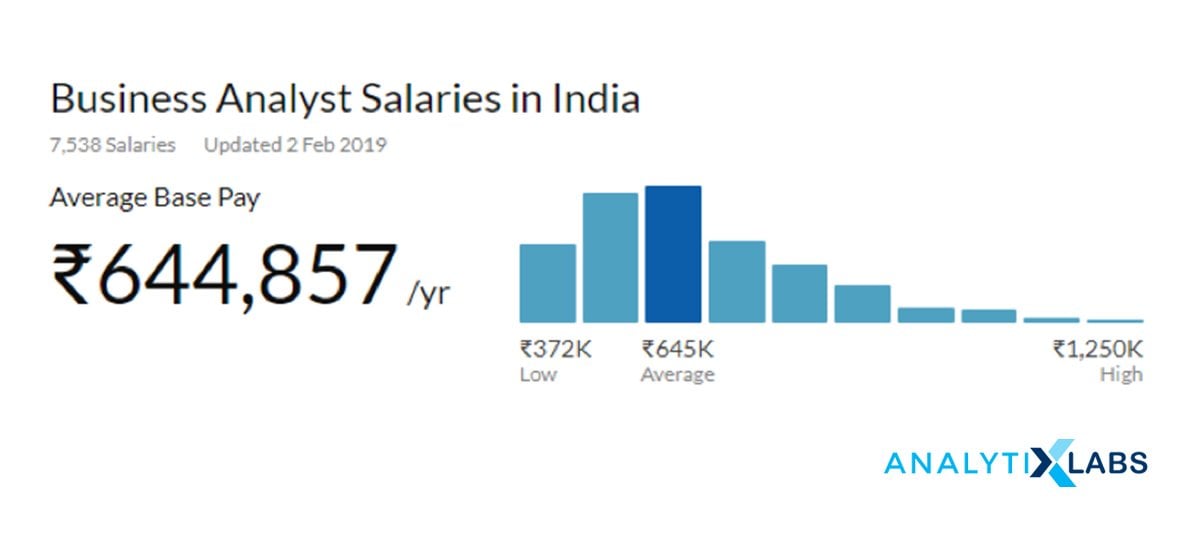
What Is The Scope of an MBA In Business Analytics?
Here’s a chart defining employer salaries for BA by popular firms that can answer a lot of questions for those who want answers for “what is the scope of MBA in business analytics”?
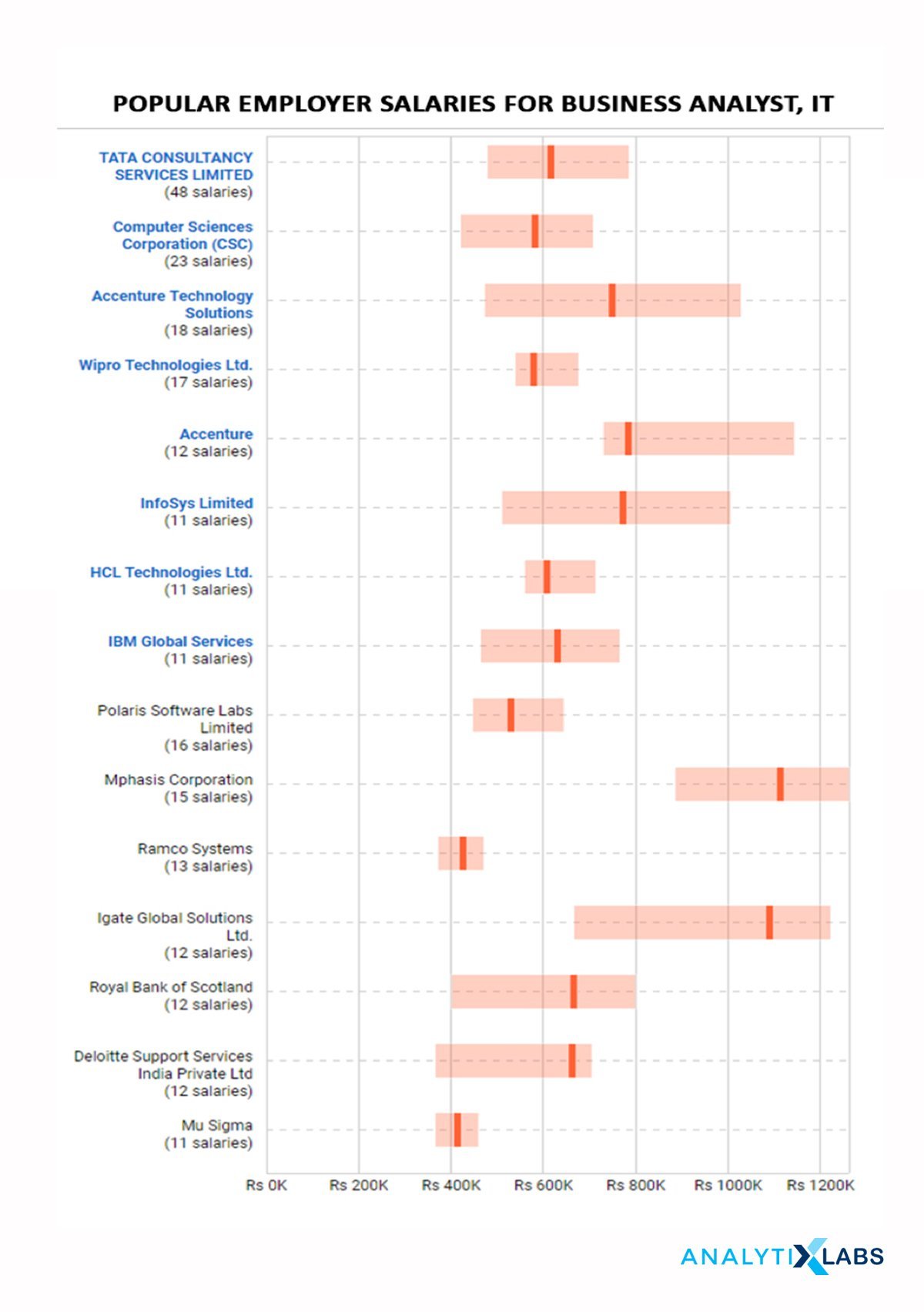
Future of Business Analytics
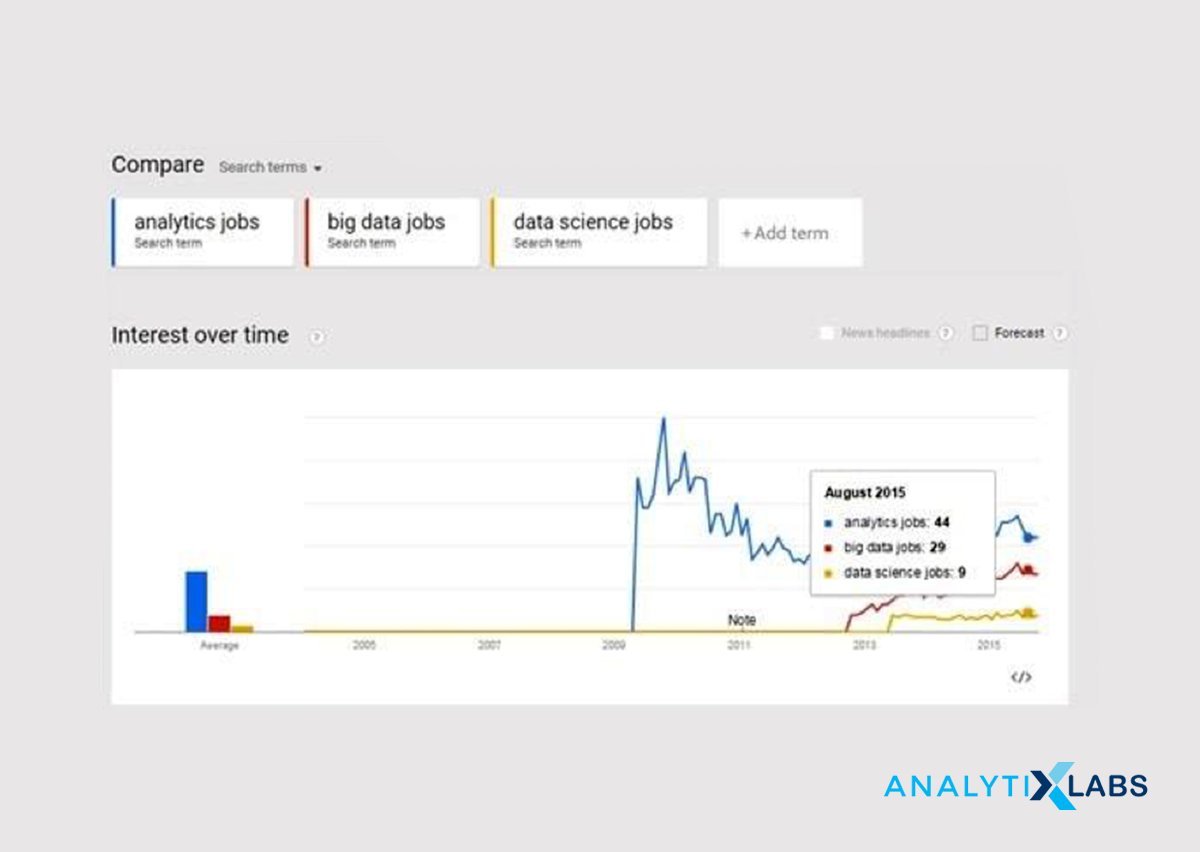
A Business Analyst performs a spectrum of roles with a varied range of responsibilities – technical and management skills to technical support. Although the prospects of a Business Analyst is not defined under conventions, primarily because of their varied set of roles, there is a lucrative career path for BA aspirants.
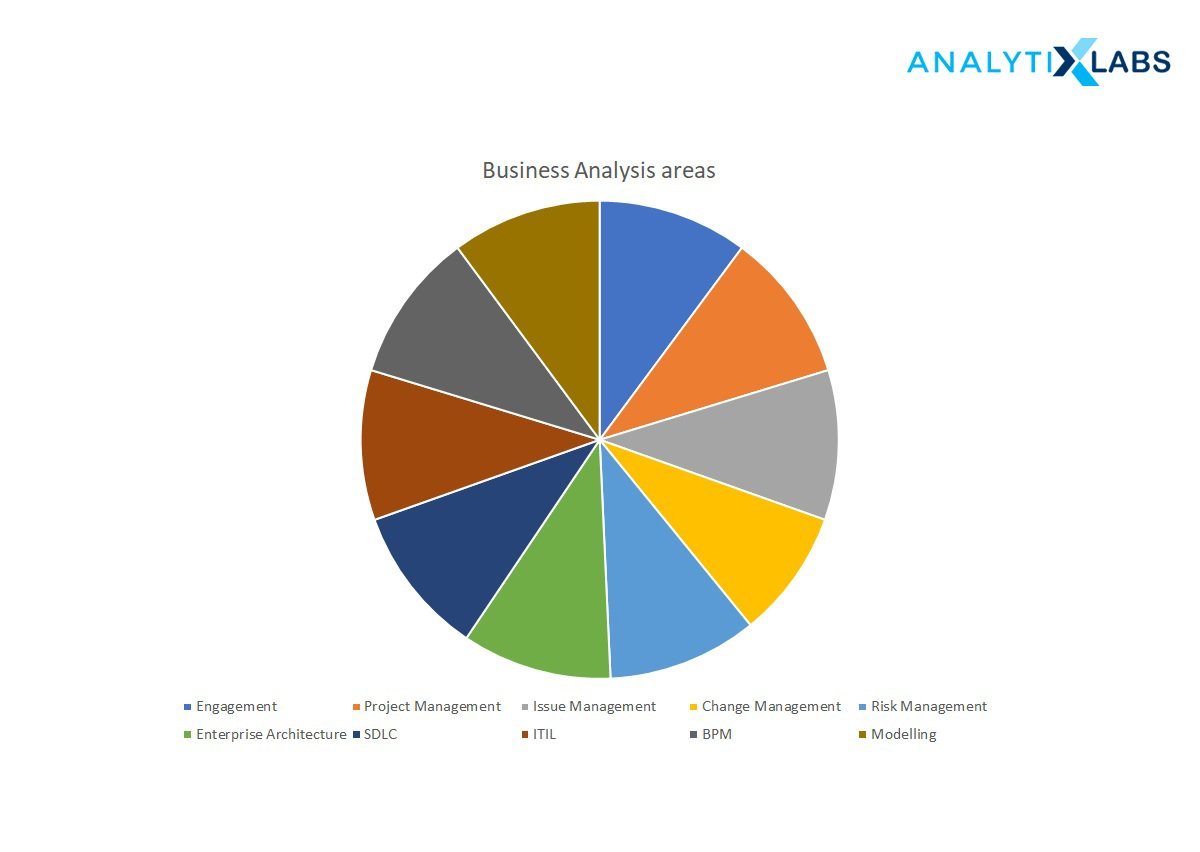
Let’s See What The Future Opportunities Hold For Business Analysts:
- Business Analyst/ Data Analyst
Any BA job profile focuses on versatility since a BA can switch industries to find their comfort or their preferred niche in the industry. This job requires you to have a wide spectrum of skills that can be used to transfer across industries. The transition becomes smoother once you acquire the requisite skill sets. A Business Analyst can modify and recalibrate diverse activities in an organization at different levels. This is a suitable job profile for those who are in pursuit of solving complex business issues.
- Analytics Manager
This is for those who have the tenacity to manage teams and people. As an analyst manager, the assigned team will be managed where the analytical decisions will be passed through. This role banks on team based management, for those who want to climb the hierarchies of managerial positions. The job profile is suited for those who want to have a diverse role in managing employee workflow, resource planning and other associated management activities.
- Project Manager
This job profile requires a diverse set of skills and is traditionally a rewarding position. The effort required is a bit different from the ones you will see with business analysis. Project Managers function on their versatile skill set, which also helps aspiring Business Analysts to change tracks. Although traditional, this role is frequented by most Business Analysts.
- Account Manager
This suits those who have oratorical skills, can listen to people, and influence the same. A relationship manager typically builds strong connections with stakeholders, answers to their queries, and makes constructive assessments to serve a healthy client-company relationship. This job profile is suited for those who are aiming towards a specialized career path and have already reached the level of competency to be a relationship manager.
- Business Architect
This role focuses on working closely with a company but suits those who qualify as senior analysts. The experience of a senior analyst is required, for they have a better understanding of the industry and have the lens to observe an organization without any biases. This role is suited for those who want to be involved with an enterprise intrinsically.
- Subject Matter Expert
This role is specific as the name itself suggests. The expertise in a particular industry niche or a subject matter is what’s the job profile is after. The job profile is suited for those who are after a specific field that invigorates their respective interests.
- Market Analyst
The job profile requires the BA to collect performance-based data that is to be used in marketing analytics. This can help enterprises recognize consumer models and help in locating purchase trends in the future.
- HR / Talent Management Professionals
HR has evolved over time and with BA intervening in most enterprise work models, this can be a lucrative career path or an extension for those who are already in this profession. HR specialists here can collate data to find insights on high functioning applicants, employee tenure, and reduction rate. This is an important role in an enterprise since it deals with the employee selection process.
- Supply Chain Management
Inventory managers who have a specialized BA degree can streamline supply network issues to stop the disintegration of profitability. With Business Intelligence tools, companies can observe and manage their supply network levels, facilitating inventory optimization decisions.
- Banking & Finance
The way technology has recalibrated traditional workflow, banks are also competing to meet their surging client demands, regulate risk factors, and manage in our profoundly changing economy. This job profile allows a BA to exact a tentative value of assets or candidates applying for loans after collating data from their past transactional behavior or credit history.
Business Analytics will continue to evolve as it did across the ages. With the pervasive nature of this field, blossoming career paths like Analytics officers and data scientists are tapping into the uncharted market of the same in India. So, a certificate course in business analytics that holistically covers the learning curve for you is a great place to start for aspirants who want to make it big in the Business Analytics field.
You may also like to read:
1. What is an IT Business Analyst? | Role, Skills, Salary and More…

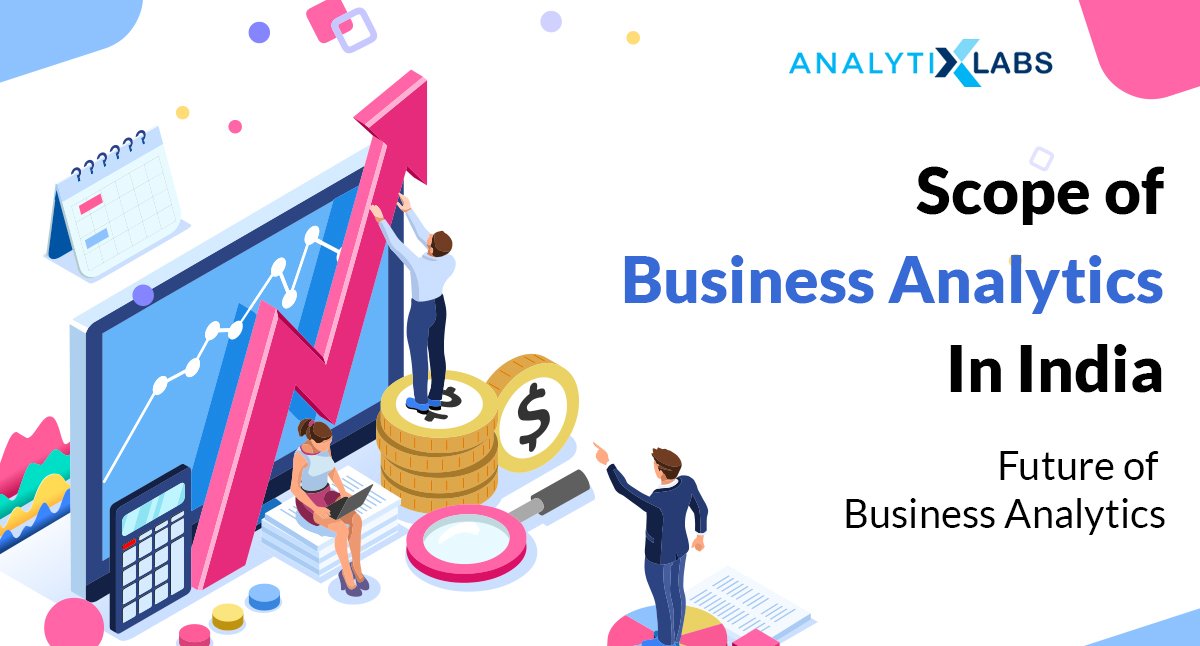


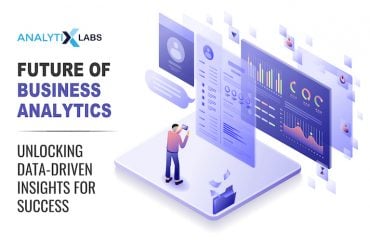




3 Comments
Nice Blog! After reading this blog, I got brief idea on need of taking Big Data Analytics Training. Now I am about to complete my graduation in one year, this is very helpful post for me to take right decision about my career. Please keeps update the blogs regarding big data.
I strongly believe that there will be great opportunities for those who looked into your site, keep sharing updates…
Thanks for the Impressive content. Keep up the good work.